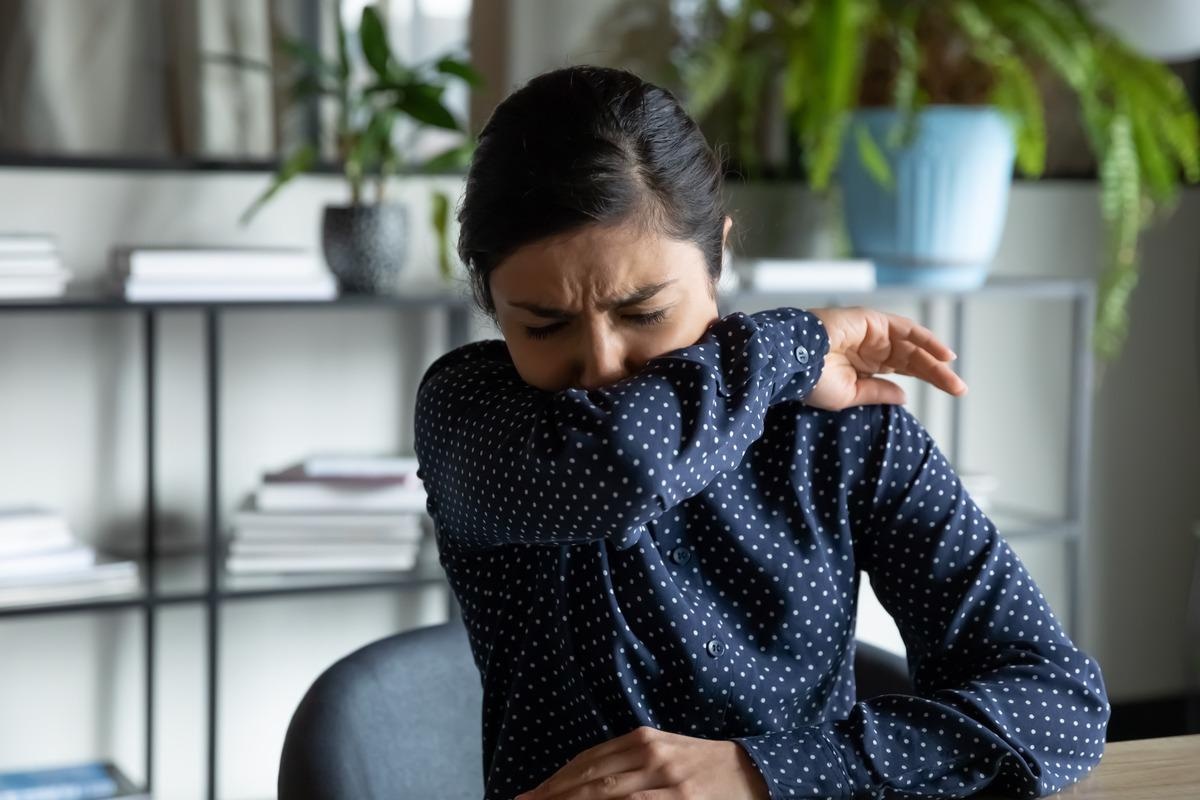In a recent study posted to the medRxiv* preprint server, researchers conducted a prospective cohort study to determine the persisting coronavirus disease (COVID-19) associated symptoms after hospitalization and their risk factors.
 Study: Symptoms persisting after hospitalization for COVID-19: 12 months interim results of the COFLOW study. Image Credit: fizkes/Shutterstock
Study: Symptoms persisting after hospitalization for COVID-19: 12 months interim results of the COFLOW study. Image Credit: fizkes/Shutterstock
Reports indicate that most patients with acute severe cases of COVID-19 experienced long-lasting symptoms associated with the disease, including cognitive deficits, dyspnea, and fatigue. Studies providing long-term data regarding persisting symptoms at 12 months and beyond are scarce. They failed to define the relationship between various symptoms and the frequency at which certain symptoms overlap.
About the study
The COVID-19 follow-up care paths and Long-term Outcomes Within the Dutch health care system (CO-FLOW) study is an ongoing multicentered prospective cohort study where the long-term post-COVID symptoms are assessed for 12 months after hospitalization, the development of long-lasting symptoms and their clusters are evaluated, and the overlapping of symptoms of various clusters is determined. The risk factors for major COVID-19 persistent symptoms were assessed from the data collected from 1st July 2021 to 1st December 2021 and presented in this study.
The inclusion criteria included individuals 18 years or older with a history of COVID-19-related hospitalization six months before the initiation of the study, subjects present for a minimum of two study visits, and proficiency in English or Dutch. Due to the nature of study procedures, incapacitated patients could not participate in the study.
After submitting written informed consent, the participants were recruited from the participating centers, skilled nursing facilities, or inpatient rehabilitation centers. At the time of study visits, clinical tests to evaluate physical, cognitive, and psychological parameters were performed. The subjects were monitored for 12 months, and they received questionnaires through postal mail or email at 3, 6, and 12 month follow-up periods. Symptoms were categorized into various clusters: fatigue, respiratory, physical, and cognitive.
Results
Based on the results, there were 335 males among the 492 participants, the mean age was 60.2±10.7 years, and the median length of hospitalization was 11 days. About 97% of the participants experienced at least one long-lasting symptom after three months of discharge, which reduced to 95.5% and 92% at 6 and 12 months after discharge.
Compared to males, the symptoms lasted longer in females, and symptoms of all clusters overlapped; however, the potential for bias in reporting symptoms in males and females cannot be neglected. The most prevalent symptoms observed during the follow-up period accounting for more than 50% rates were exertional dyspnea, cognitive deficits, fatigue, and muscle weakness. Symptoms such as cognitive problems, ageusia, anosmia, and fatigue persisted long-term, while hair loss, muscle weakness, and exertional dyspneic symptoms were significantly reduced.
Over time, the symptoms associated with respiratory and physical clusters gradually declined, whereas symptoms associated with cognitive and fatigue clusters were persistently evident. Fatigue was increasingly found in those employed or with comorbidity, cognitive problems were associated with comorbidities and shorter length of hospitalization, and decreased muscle weakness was associated with steroid therapy and a shorter length of hospitalization. The results indicate that long-term symptoms were found in many patients even if the COVID-19 cases are reduced due to increased immunity.
Conclusions
The study results suggest that post-COVID conditions such as fatigue and cognitive symptoms were experienced by most subjects up to 12 months of hospital discharge. In contrast, symptoms associated with respiratory and physical clusters gradually declined.
These findings correlate with the observation of a meta-analysis showing that the short-term and long-term prevalence of long-lasting symptoms up to six months after hospitalization were the same. The percentage of long-lasting symptoms reduced from 68% to 49% at 6 and 12 months after hospital discharge in a cohort study conducted in Wuhan while it was 97%, 95.5%, and 92% at 3, 6, 12 months after discharge in the present study. This is because 35.6% of the cohort received mechanical ventilation in the present study, whereas it was only 1% of the study population in Wuhan.
Vaccination plays an important role in reducing COVID-19 cases and preventing post-COVID conditions as persisting symptoms of breakthrough COVID-19 infections only last for around 28 days. The findings highlight the need for long-term cohort studies to determine the underlying factors and effective therapies for post-COVID syndromes, apart from devising adequate measures to prevent COVID-19 infection.
*Important notice
medRxiv publishes preliminary scientific reports that are not peer-reviewed and, therefore, should not be regarded as conclusive, guide clinical practice/health-related behavior, or treated as established information.
-
Bek, M. et al. (2021) "Symptoms persisting after hospitalization for COVID-19: 12 months interim results of the COFLOW study". medRxiv. doi: 10.1101/2021.12.11.21267652 https://www.medrxiv.org/content/10.1101/2021.12.11.21267652v1
Posted in: Medical Science News | Medical Research News | Disease/Infection News
Tags: Anosmia, Coronavirus, Coronavirus Disease COVID-19, Dyspnea, Fatigue, Frequency, Hair, Hair Loss, Health Care, Hospital, immunity, Muscle, Nursing, Respiratory, Steroid

Written by
Susha Cheriyedath
Susha has a Bachelor of Science (B.Sc.) degree in Chemistry and Master of Science (M.Sc) degree in Biochemistry from the University of Calicut, India. She always had a keen interest in medical and health science. As part of her masters degree, she specialized in Biochemistry, with an emphasis on Microbiology, Physiology, Biotechnology, and Nutrition. In her spare time, she loves to cook up a storm in the kitchen with her super-messy baking experiments.
Source: Read Full Article
